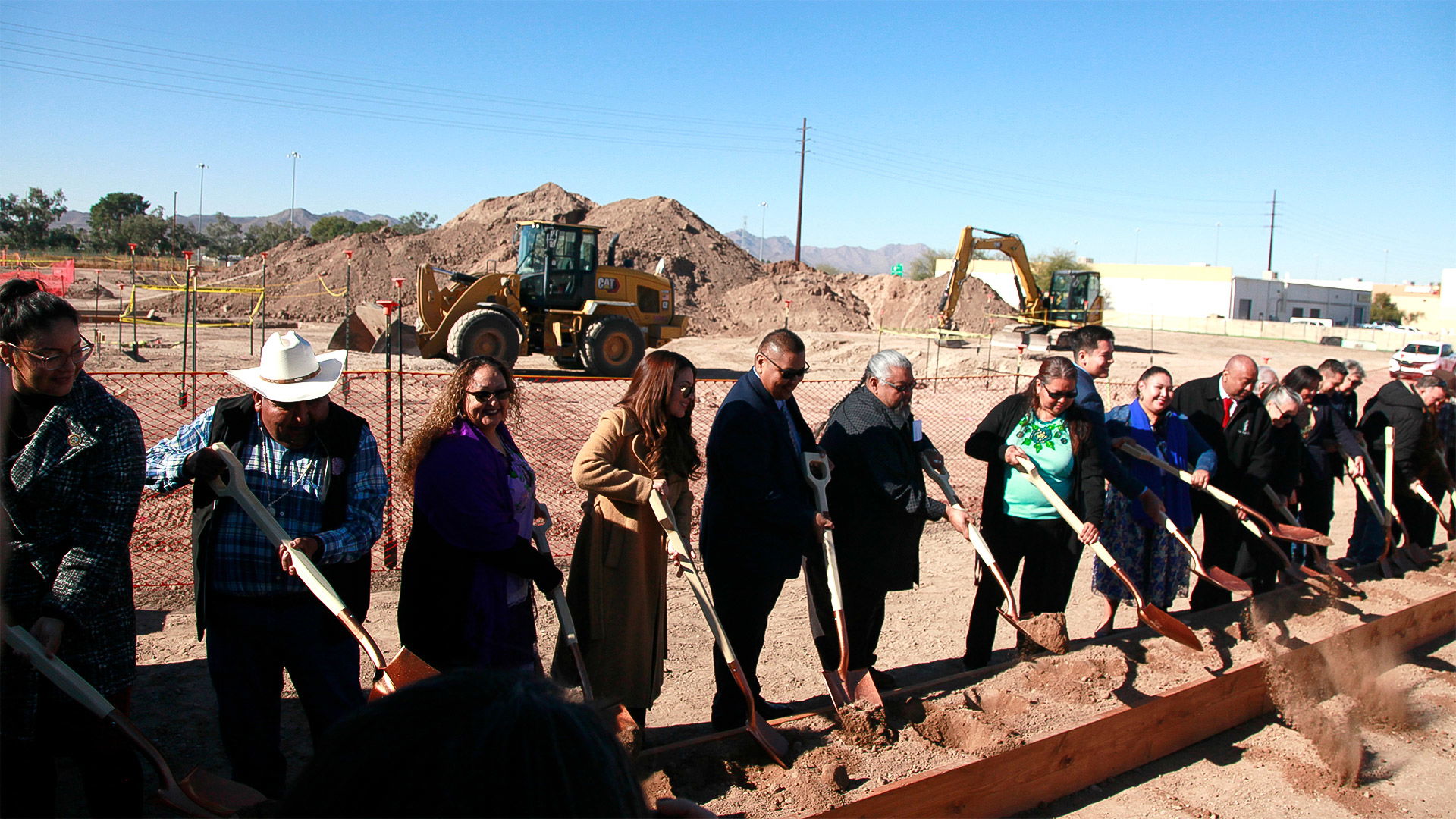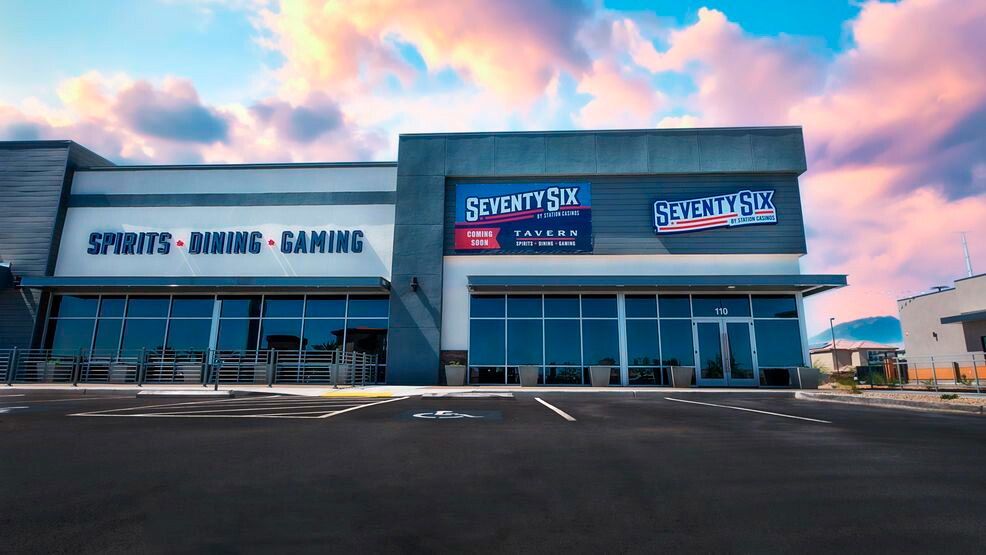Arizona reports $2.8B in sports bets in first six months; state's cut on lower end of predictions thus far

Figures released this week by the Arizona Department of Gaming show that in the first six months of legalized sports betting, sportsbooks have made $225 million on handle of about $2.8 billion. Meanwhile, the state’s general fund has taken in $8.5 million in revenue from sports gambling between the months of September 2021 and February 2022, period in which the professional and college football seasons take place.
This shows an average of roughly $1.4 million per month for the state. If the averages were to hold, the state is expected to bring in $17 million over its first year of legal betting. However, the average is likely to drop outside of the football seasons. Since sports betting launched last year, Arizona bettors have spent roughly $2.8 billion to date and won more than $2.5 billion.
BetMGM Sportsbook at Vee Quiva, Arizona
When Gov. Doug Ducey signed a new tribal gaming compact and corresponding legislation for mobile gaming last year, state budget analysts predicted the state would bring in roughly $15 million annually. Meanwhile, the bill’s sponsor in the Arizona House, state Rep. Jeff Weninger, said the state’s cut could be potentially as high as $100 million, as reported by Arizona Mirror. The Legislature’s numbers seem to be more accurate thus far.
The department this month released its report showing February’s wagers, which kicked off with one of the busiest gambling days of the year in the Super Bowl. February totals show sportsbooks made $24 million off $491 million in bets placed for the month, but the state took in its lowest total for a full month at $670,000.
The February figures come on the heels of record-high wagers in January, which crossed $500 million - but the state collected only $1.9 million from those wagers.
Promotional credits -usually in the form of free bets- offered by mobile sportsbooks is a point of contention for critics of the legislation because mobile betting apps are able to write off those promotions out of what they would ordinarily owe to the state’s general fund. For the first two years, they can write off up to 20% of their adjusted gross receipts, which drops to 15% in year three and 10% in years four and five. After that, write-offs are no longer allowed.
For Arizona Coyotes owner Alex Meruelo, sports betting is even more lucrative: He also owns the sportsbook his team has partnered with, SaharaBets, which began taking bets in Arizona in January.
We’re excited to team up with SaharaBets as our official sports betting partner. The SAHARA SportsBook will officially launch January 12.
— Arizona Coyotes (@ArizonaCoyotes) January 5, 2022
Details: https://t.co/yBQ93PYOwY
The Coyotes also are lobbying legislators for a bill that would allow Meruelo to bring his sportsbook license to the 5,000-seat venue at Arizona State University where the Coyotes will be playing until the team builds a new stadium.
Campaign finance reports show that Meruelo gave roughly $80,000 to the campaigns of the lawmakers supporting the legislation. The bill won approval in the state House of Representatives but has been held up in the Senate for a month.
However, once the football season ends, a decline in bets is expected. Gaming attorney and sports betting legal expert Daniel Wallach told Arizona Mirror that while it’s common to see a dip in wagers after football season, it’s not a sign that the gambling industry is struggling in Arizona.
"This is not a sign that consumers are disinterested in sports betting,” he said, adding that March and April numbers will likely be on the uptick and that next February will probably be a boon for wagers in the state because Arizona is the host of the 2023 Super Bowl and there is a lot of excitement for the game to be played here.
"Even though that’s still the same month, that’s going to be a completely different situation because the state is going to be consumed with the excitement over the Super Bowl, no matter who is playing … [it] will be the first one ever played with an in-stadium sportsbook," Wallach told the Arizona Mirror, adding that nobody should worry what numbers look like at this point because "we’re still operating in the nascent period of the launch of sports wagering in Arizona."



















































